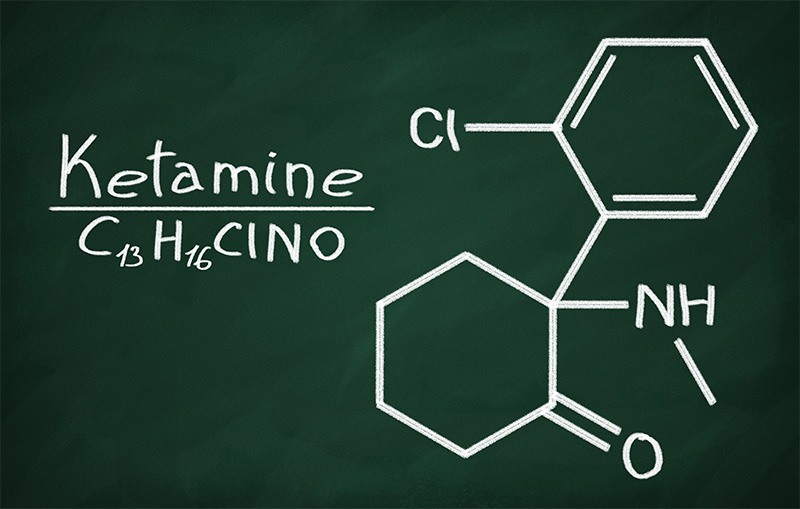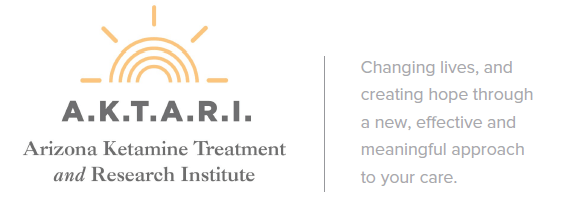Ketamine is a medication that blocks the gluconate neurotransmitter receptor in the nervous system, and was originally used as a high dose general anesthetic agent. It was soon discovered that this same medication used at very low doses had a remarkable antidepressant effect. It had a much higher response rate then other antidepressant medications including SSRI’s, Tricyclics, or MAO inhibitors, i.e. up to twice as many patients had relief of depression compared to the standard drugs. In addition, Ketamine had a very rapid response rate, with many patients noting a dramatic elevation in mood and dissipation of depression symptoms within a few hours to a few days, compared to response rates of several weeks with the standard drugs. This may be because the glutamate neurological pathways respond much more rapidly to medications than the serotonin and dopamine neurological pathways which are influenced by standard antidepressants.

Ketamine infusions create a cascade of events in the brain that affects certain neurotransmitter receptors and neurological pathways, and triggers rapid growth of normal neural conditions. This rewiring of the brain is thought to be the basis of the antidepressant effect. In addition, Ketamine is a powerful anti-inflammatory medication. Since depression has been linked to chronic inflammation, this may also be a part of its antidepressant effect. This may be why some patients achieve long-term relief after just one infusion or one short series of infusions. Others will find that Ketamine infusions enhanced with oral medicines, lifestyle changes and other choices will dramatically reduce depression symptoms.
Everyone reacts differently to medications of all kinds, so we customize treatments, including frequency and dosage, specifically to your requirements. Research shows that 70% to 80% of patients have experienced significant relief for treatment of depression using Ketamine infusions.
We know that typical antidepressants work well in only 30% to 40% of patients with depression. Ketamine works over 85% of the time, even for those who have failed typical antidepressant therapy. There is good evidence that Ketamine might work for patients suffering from most other forms of depression, not just those who are treatment resistant.
Experts are calling Low Dose IV Infusion Ketamine the most significant advance in mental health treatment in the past 50-years. Since 2006, many studies have shown that Ketamine can also reverse the kind of severe depression that traditional antidepressants often don’t touch.
Ketamine was invented in 1962 as a very effective anesthetic for routine surgery. It is blocks the neurotransmitter molecule glutamate from its NMDA receptor in brain neurons, and affects primarily the memory center in the hippocampal region of the brain, along with the prefrontal cortex abstract thought center.
“[For] people with severe depression, suffering silently, there is hope, there is treatment..”
Professor Colleen Loo, University of New South Wales, Australia
